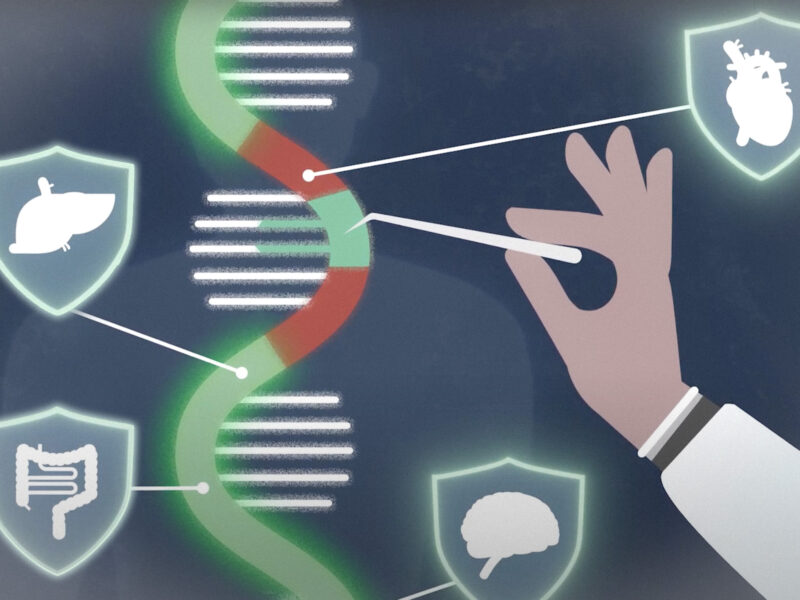Washington, D.C. — In what might be one of the most ambitious educational investments of the AI age, Google has committed $1 billion to train university students across the U.S. in the field of artificial intelligence. Yep, a billion—with a “B.”
The tech titan announced this initiative as part of its broader effort to close the gap between cutting-edge AI development and real-world accessibility. The program will provide over 100 universities access to Google’s Gemini AI tools, cloud computing credits, faculty training, and community-based resources aimed at boosting digital literacy.
What’s the play here? Well, let’s call it equal parts strategy and social good. With companies like OpenAI and Microsoft charging ahead, Google is making it loud and clear—it wants to build not just models, but minds. The investment spans three years, aiming to arm students with the technical chops to shape the next wave of AI innovation, while also ensuring no one’s left behind in the generative AI gold rush.
Universities on the initial rollout list include a mix of heavyweights—Texas A&M, University of North Carolina, and University of Wisconsin, among others. The company will work directly with professors to create custom coursework and provide workshops and hands-on labs. A portion of the funding is also earmarked for nonprofits working in underserved communities to help expand reach beyond elite institutions.
There’s another layer here: ethics. Google’s education initiative comes at a time when universities are grappling with how to teach AI responsibly. With AI-generated misinformation, privacy challenges, and deepfake threats lurking around every corner, students are being trained not just in engineering, but in how to think critically about the social consequences of what they build.
And look, speaking as someone who survived college with a toaster of a laptop and Google Docs on 3G, this feels like a solid leap forward. It’s not every day tech giants put real money into grassroots education instead of just selling you more shiny gadgets.
If we’re talking long game—Google’s not just planting seeds for good PR. They’re investing in a future workforce that’ll know their APIs from their AGIs. And when the next game-changing AI idea comes from a dorm room in Tulsa or Boise instead of a Silicon Valley boardroom, I’ll call that a win.

